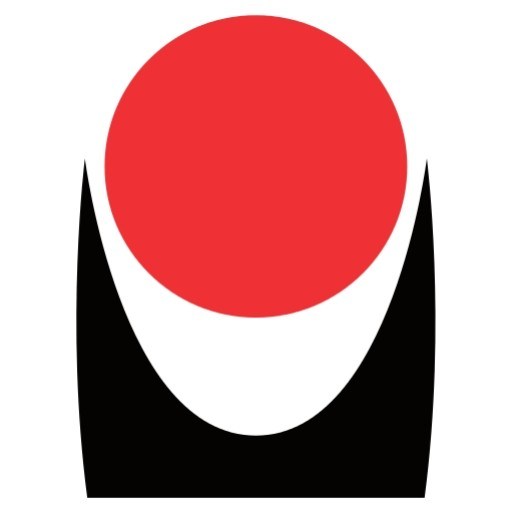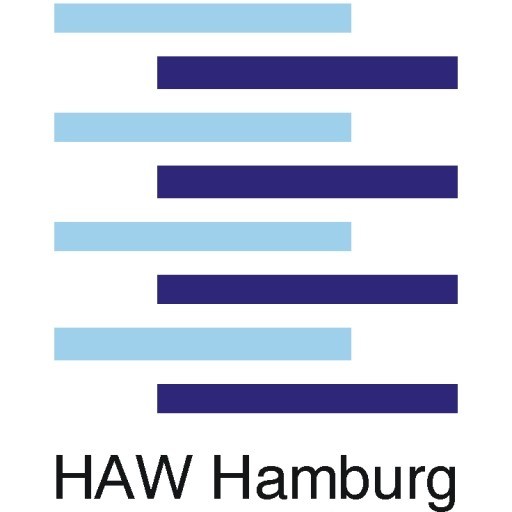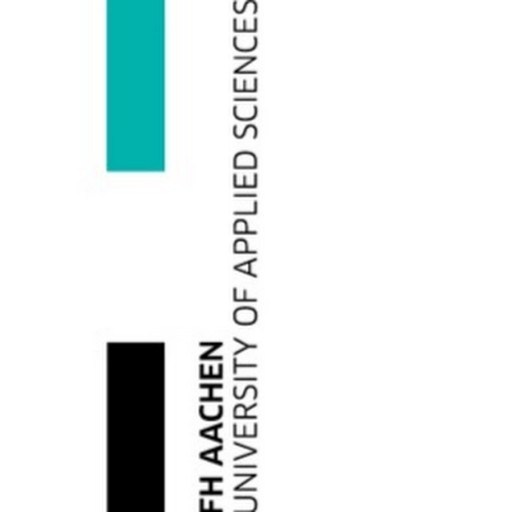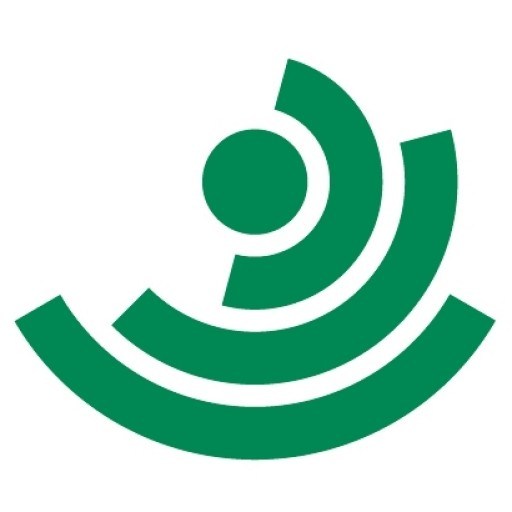Both the University of Luebeck and Luebeck University of Applied Sciences welcome students from all over the world who wish to increase their knowledge in biomedical engineering. One of the main focuses will be on medical imaging.
The Master's programme in Biomedical Engineering in Luebeck is designed for students who wish to pursue careers in research and development, academia, or industry. The goal of the programme is to educate students in the interdisciplinary fields of engineering and medicine.
"Biomedical engineering integrates physical, chemical, mathematical, and computational sciences and engineering principles to study biology, medicine, behaviour, and health. It advances fundamental concepts; creates knowledge from the molecular to the organ systems level; and develops innovative biologics, materials, processes, implants, devices and informatics approaches for the prevention, diagnosis, and treatment of disease, for patient rehabilitation, and for improving health" (source: Whitaker Foundation).
The Master's programme in Biomedical Engineering in Luebeck is designed for students who wish to pursue careers in research and development, academia, or industry. The goal of the programme is to educate students in the interdisciplinary fields of engineering and medicine.
"Biomedical engineering integrates physical, chemical, mathematical, and computational sciences and engineering principles to study biology, medicine, behaviour, and health. It advances fundamental concepts; creates knowledge from the molecular to the organ systems level; and develops innovative biologics, materials, processes, implants, devices and informatics approaches for the prevention, diagnosis, and treatment of disease, for patient rehabilitation, and for improving health" (source: Whitaker Foundation).
Educational organisation
This programme's coursework is divided into four semesters. Each study programme begins in the winter semester.First-semester students will be enrolled individually in courses with the aim of achieving common knowledge for all. Students with degrees in electronics, information technology, mechanical engineering, physics, process engineering, materials technology, or mechatronics will be enrolled in introductory courses in medicine and medical technology in order to gain the necessary knowledge in these fields. Students with degrees in medical technology will be enrolled in technical courses as the main focus in order to increase their knowledge in these areas. Usually, a free intensive German course for BME students is provided each year from September to December.
During the second semester, students can enrol in a variety of specialised courses. The common basics developed in the first semester will be expanded to include practical applications. This coursework will focus mainly on project-oriented teamwork.
Third-semester students will complete an internship as well as prepare and write a Master's thesis over the course of six months within their fourth semester.
Study abroad unit(s)
Studies abroad programmes are not specially integrated, but students are encouraged to spend some time in a foreign country, e.g., during the research project or the Master's thesis. Erasmus co-operations are held with Portugal, Sweden, and Czech Republic.Internships
One internship of four months or two internships of eight weeks each is to be completed after the second semester. Programme advisers will assist students in finding an appropriate internship in Germany or abroad.Financial aid is possible.
Forms of assessment
Written and oral exams in accordance with the guidelinesMaster's thesis
Programme comprises 120 ECTS
Course objectives
The Master's programme in Biomedical Engineering in Luebeck is designed for students who wish to pursue careers in research and development, academia, or industry. The goal of the programme is to educate students in the interdisciplinary fields of engineering and medicine.Language requirements
Applicants must provide proof of their English skills. English: TOEFL 550 (paper-based), 80 (Internet-based), or equivalent.Knowledge of German is not a requirement, but makes integration and life easier and improves career perspectives in Germany.
Academic requirements
Applicants to the Master's programme in Biomedical Engineering in Luebeck must have a university or university of applied sciences degree (e.g., Bachelor's degree) in one of the following areas: biomedical engineering, medical technology, electrical engineering, electronics, information technology, mechanical engineering, mechatronics, physics, process engineering, or materials technology. Additionally, applicants with a Master's degree in a comparable field can also be enrolled in this programme. Students must hold a Bachelor's or diploma degree with a grade of 2.5 or better (German grading system).Enrolment fees
Around 120 EUR per semester. The fee includes a semester ticket covering public transport in the Luebeck metropolitan area.Costs of living
Approx. 700 EUR per month to cover personal expensesJob opportunities
Due to the intensive nature of the programme, students will probably not have too much time for part-time jobs.Funding opportunities within the university
Deutschlandstipendiumhttp://www.fh-luebeck.de/fileadmin/media/01_Hochschule/01_Aktuelles/Pressemitteilungen/2012/2012-09-14/FHL-Ausschreibung_2__Veragberunde_FV12092012.pdf
Arrival support
Answers to general questions and pre-arrival information are given by the institute.On arrival, the institute offers an introduction week including general information on living in Luebeck and special information concerning the programme and studies.
Services and support for international students
As the programme involves a small group of students (approx. 30), extensive support is provided by faculty and staff.Two student tutors organise a series of social events and activities for all international students to make them feel at home quickly.
Accommodation
Accommodation in the dormitories is available through the Student Services Office or on the private market. Rent for a single room in a student residence is approx. 250 EUR.Information concerning accommodation in Luebeck can be found at http://www.mt-master.com.










